Water’s role in the nature is prime, fundamental and unalieanable being responsible to circulate in the atmosphere, in the rivers, lakes, soil, rock and in the oceans. It is the major conveyer of various chemical substances and energy, and thus can be termed, the blood of the ecosystems of this planet. The water, otherwise is also interwoven in the various functions of the nature, human society and domestic needs in countless manner, completing in prudence to conceive that water is one of the most complicated challenge of present making in kind of broad development frame work, pressed by a mixed demographic, social, environmental, technological and economic drivers.
Human beings are exploting and enjoying, but at the same time are polluting and deterorating, the waters in various ways despite the same is equally vital for the man’s socio-economic system, equally as to the nature for her subsistence.
Very firmly, one cannot forget that the water obeys no human made borders, but the fact remains that free course of water is true, the hydorological cycle with its rivers, river basin, lakes, aquifers, rainfalls, oceans etc, cross administrational borders without any passport control. River and lake basin are in most cases very different from administrational borders, that the human beings may have set up.
The vedic philosophy teaches through hymus of Rigveda as Saptsindhu and based on the early vedic religion. Vedic texts have made wide geographical horizons, speaking of oceans, rivers, mountains and deserts. Eight summits of the Earth, three shores or desert regions, seven rivers (Sapta Sindhun) flowing into the ocean. It encompasses the north western Indian subcontinent from Gandhara to Kurukshetra.
Identification of Rigvedic hydronyms has engaged multiple historians. It is a single most vital way of establishing the geography and chronology of early vedic civilization. Rivers with certain identifications stretch from eastern Afghanistan to western gangestic plain clustering in the Punjab. The region’s is named from ‘Panj’ means fine and “ab” means “water” thus means “fine waters”, a Persianized form of the Indo-Aryan Panchanada means “five rivers”. Many have cognates in Avestan.

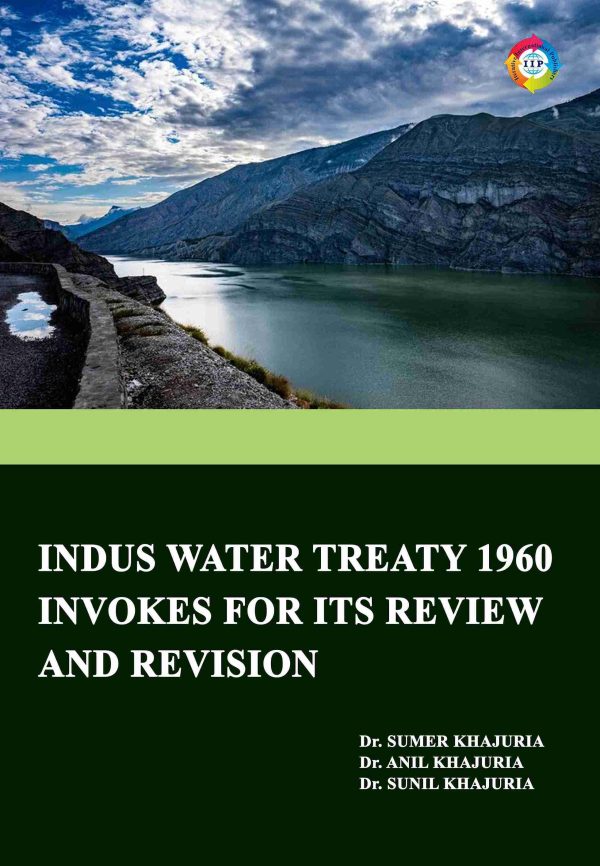

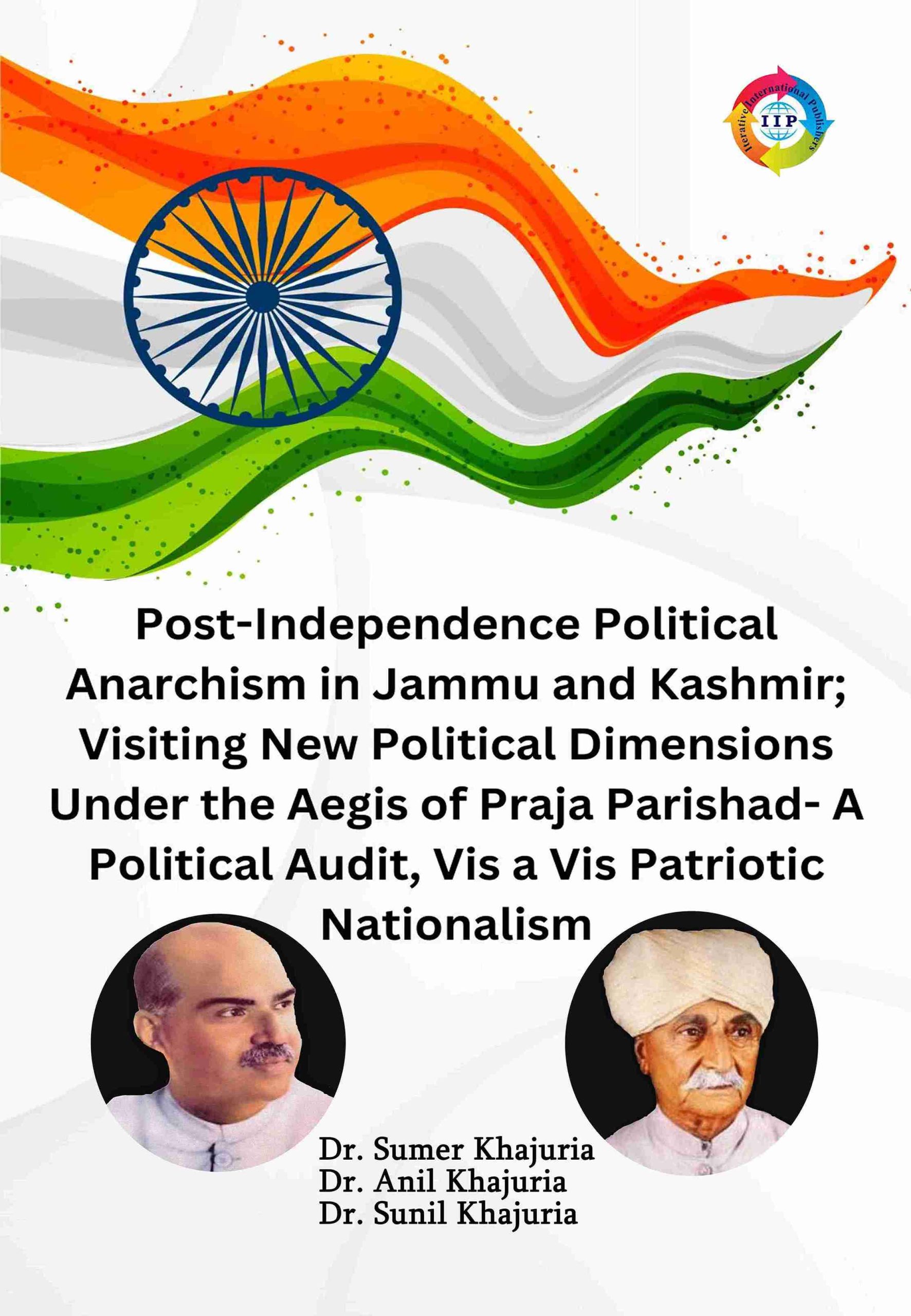
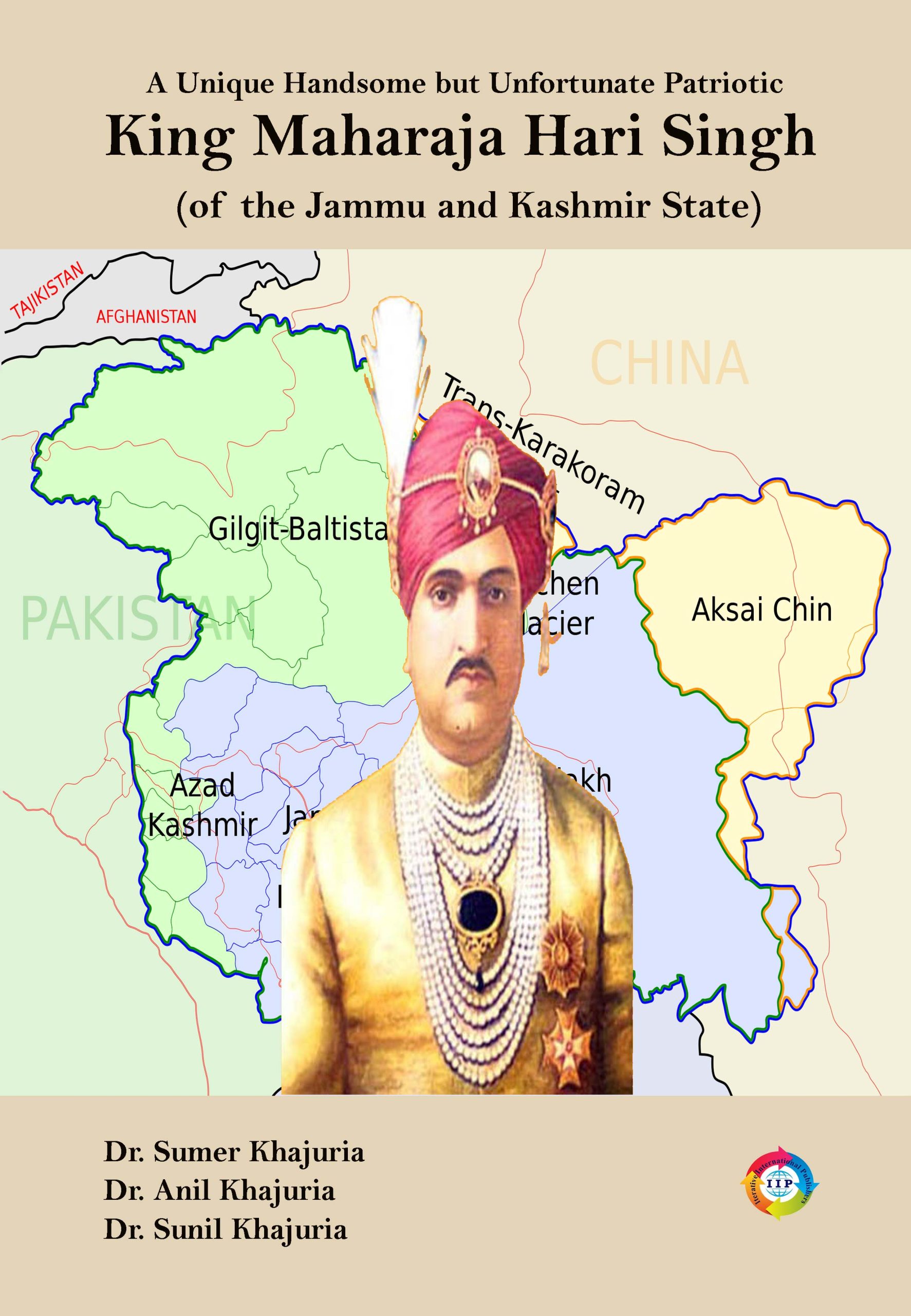
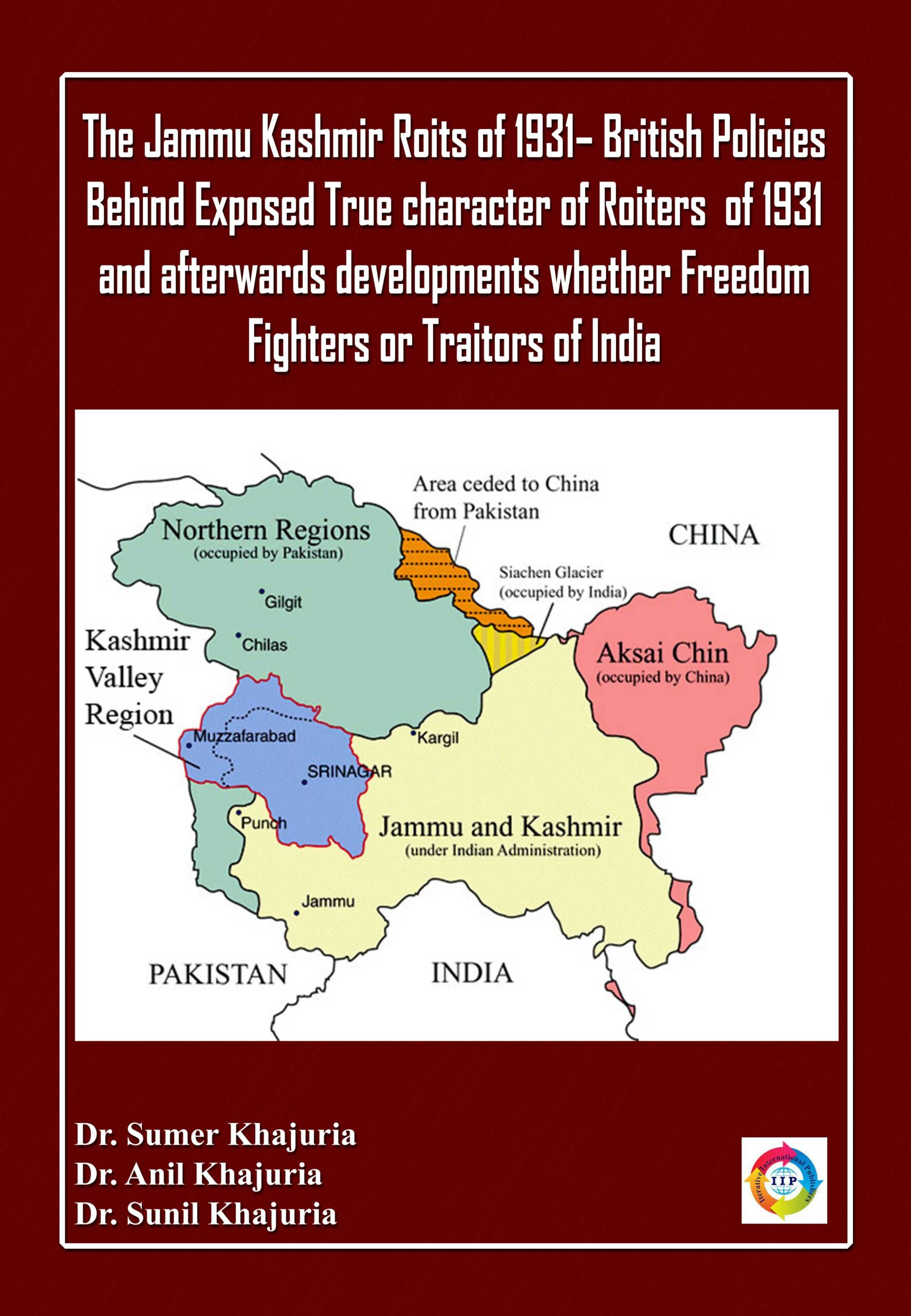
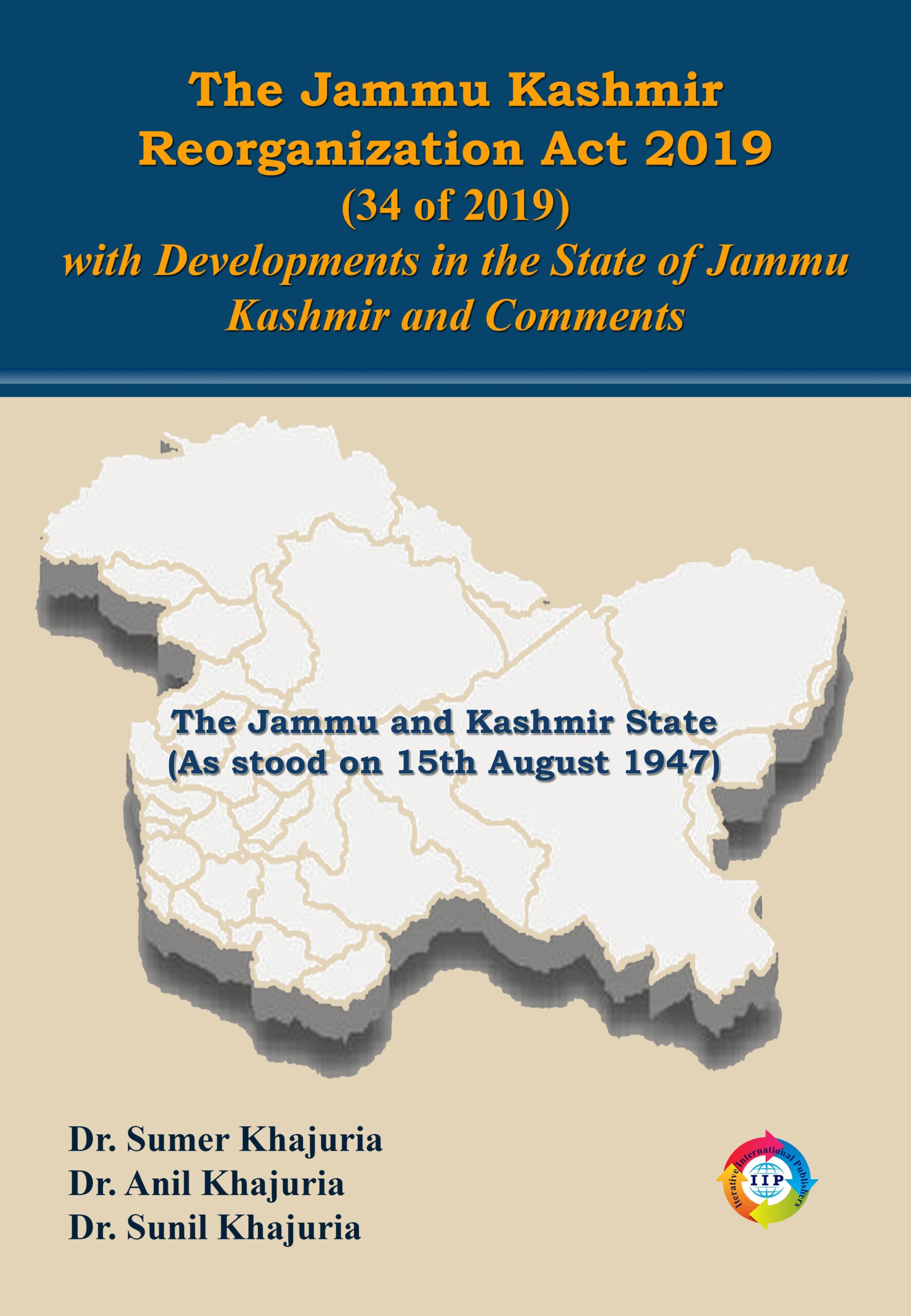
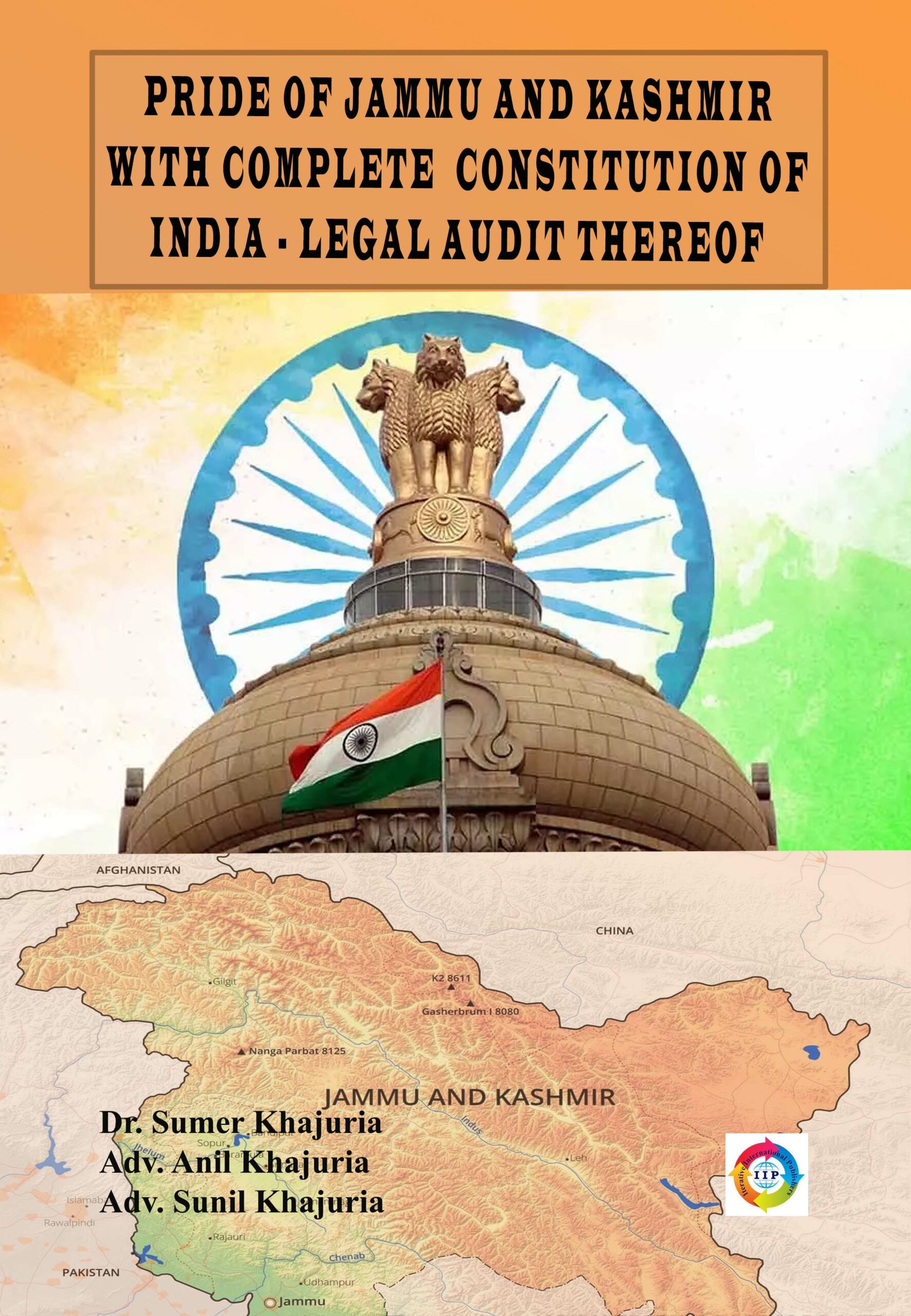
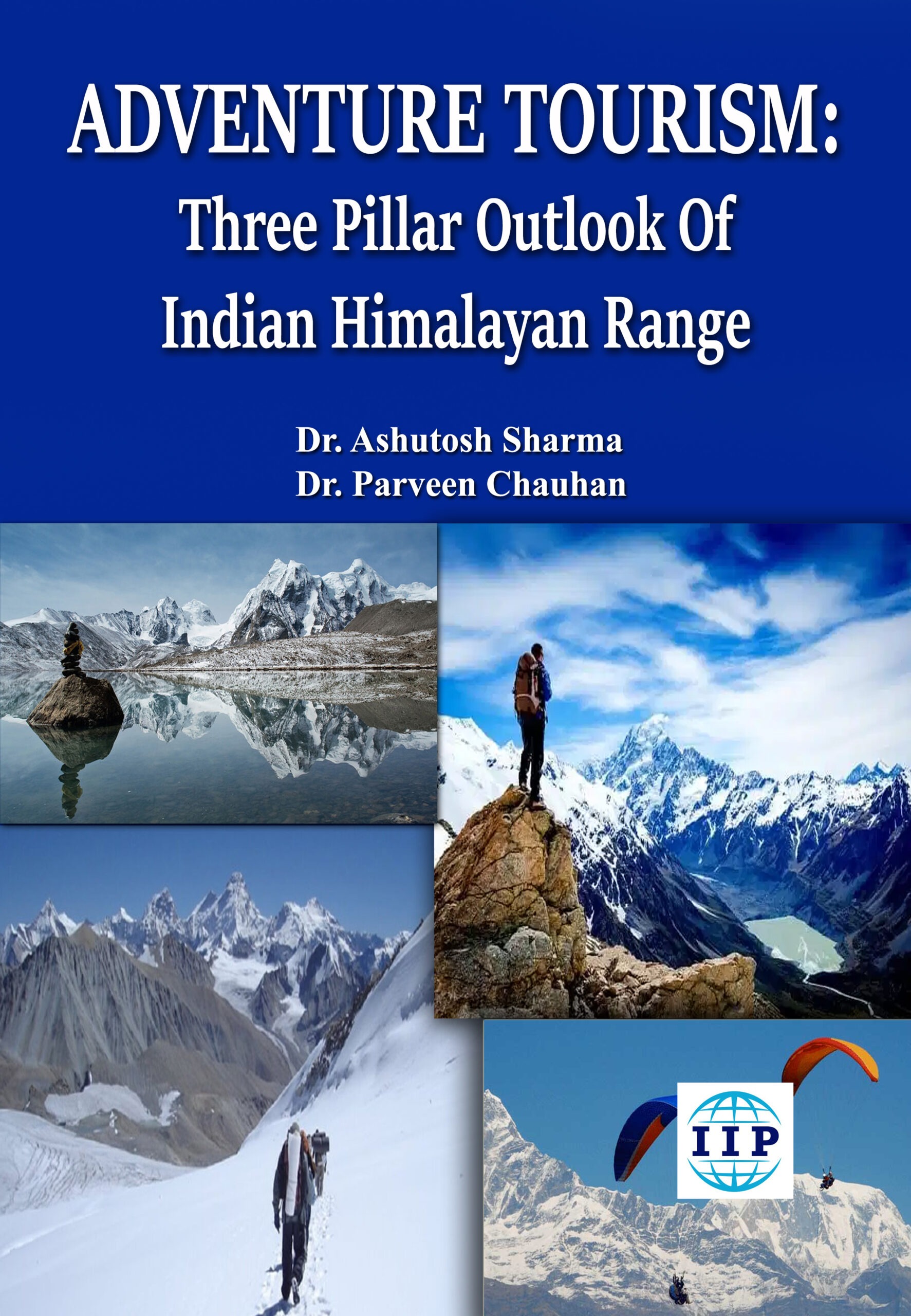

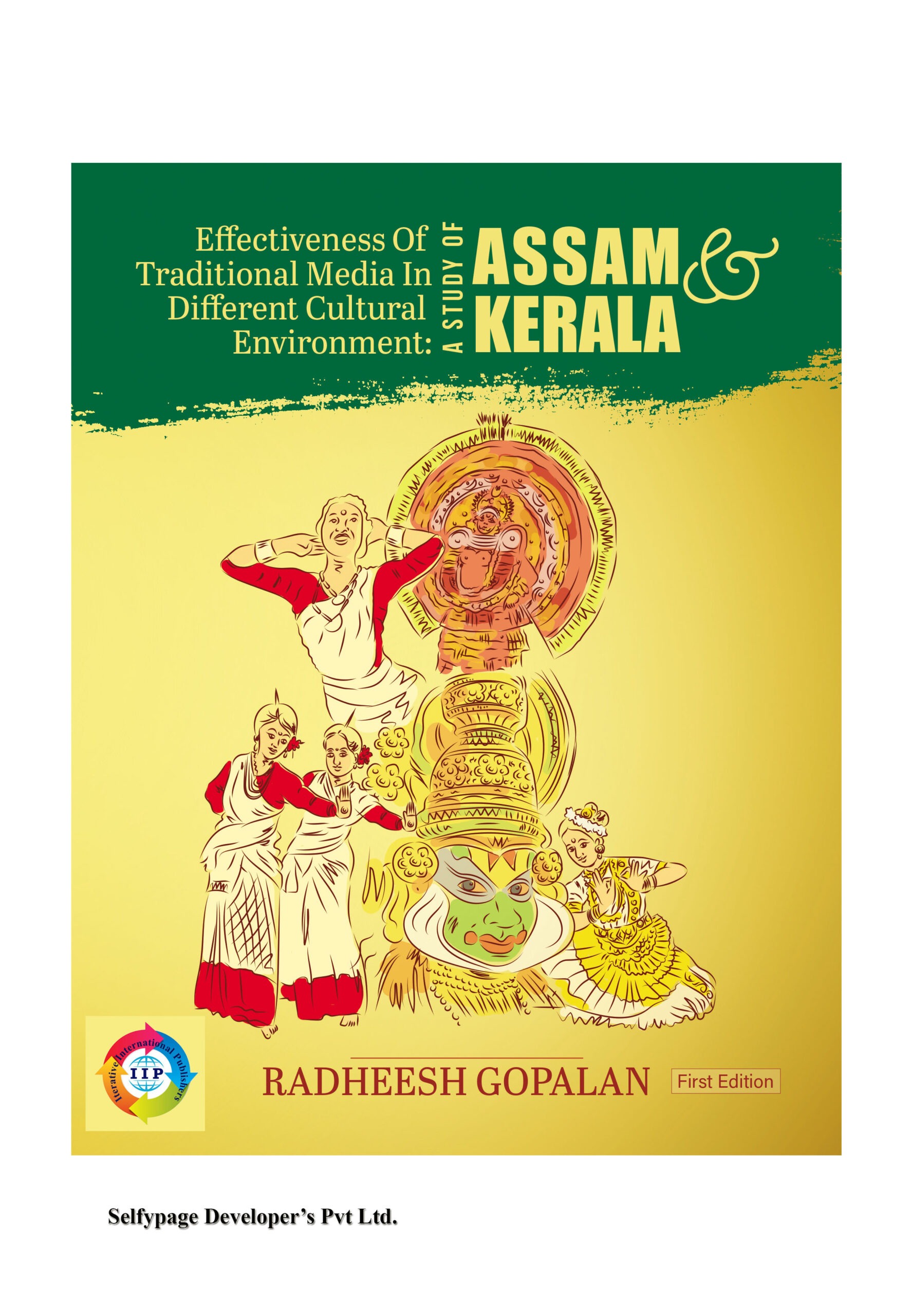
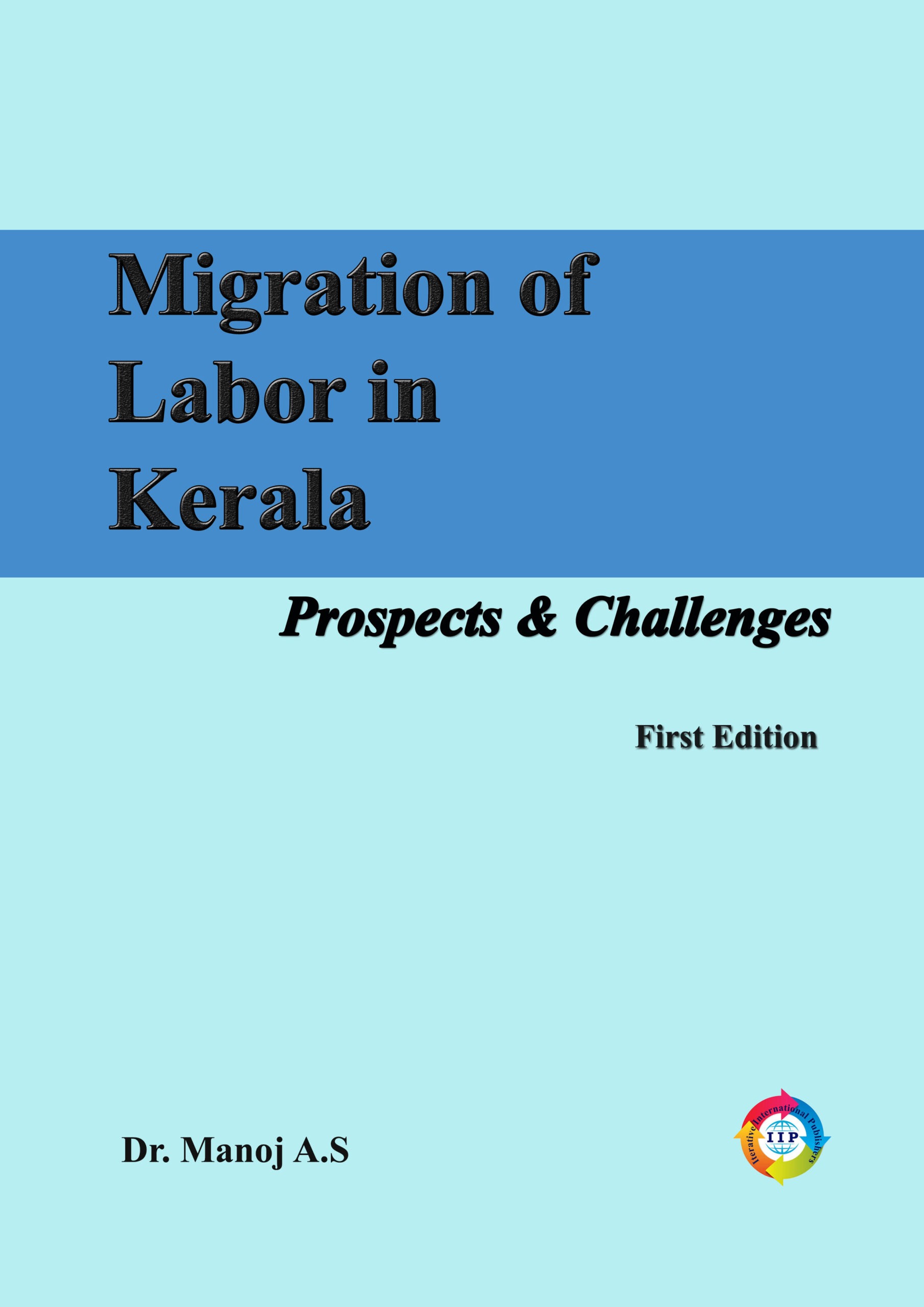
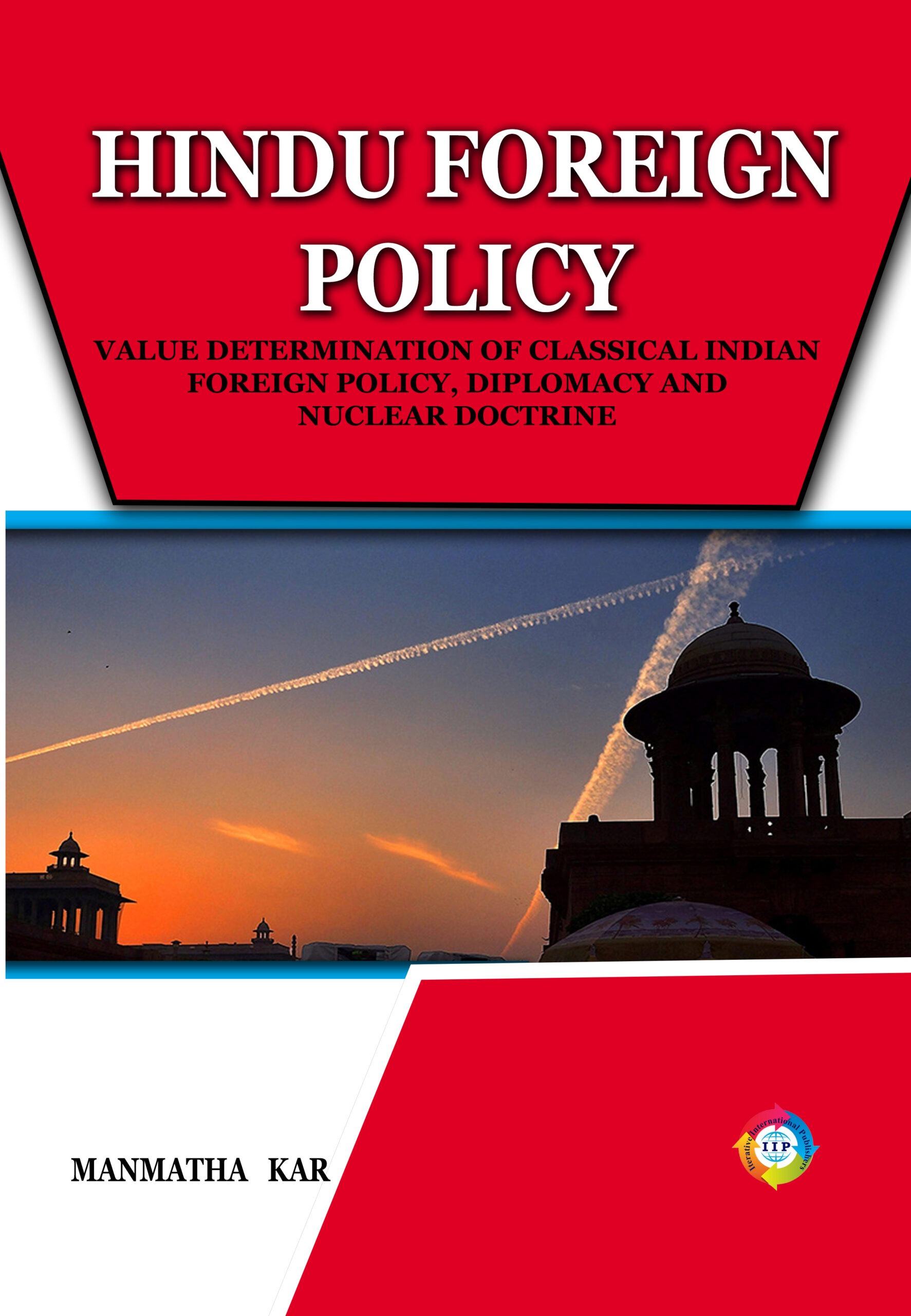

Reviews
There are no reviews yet.